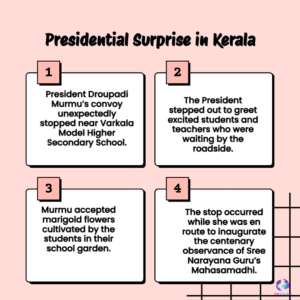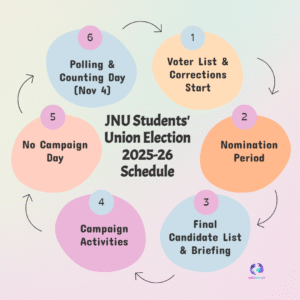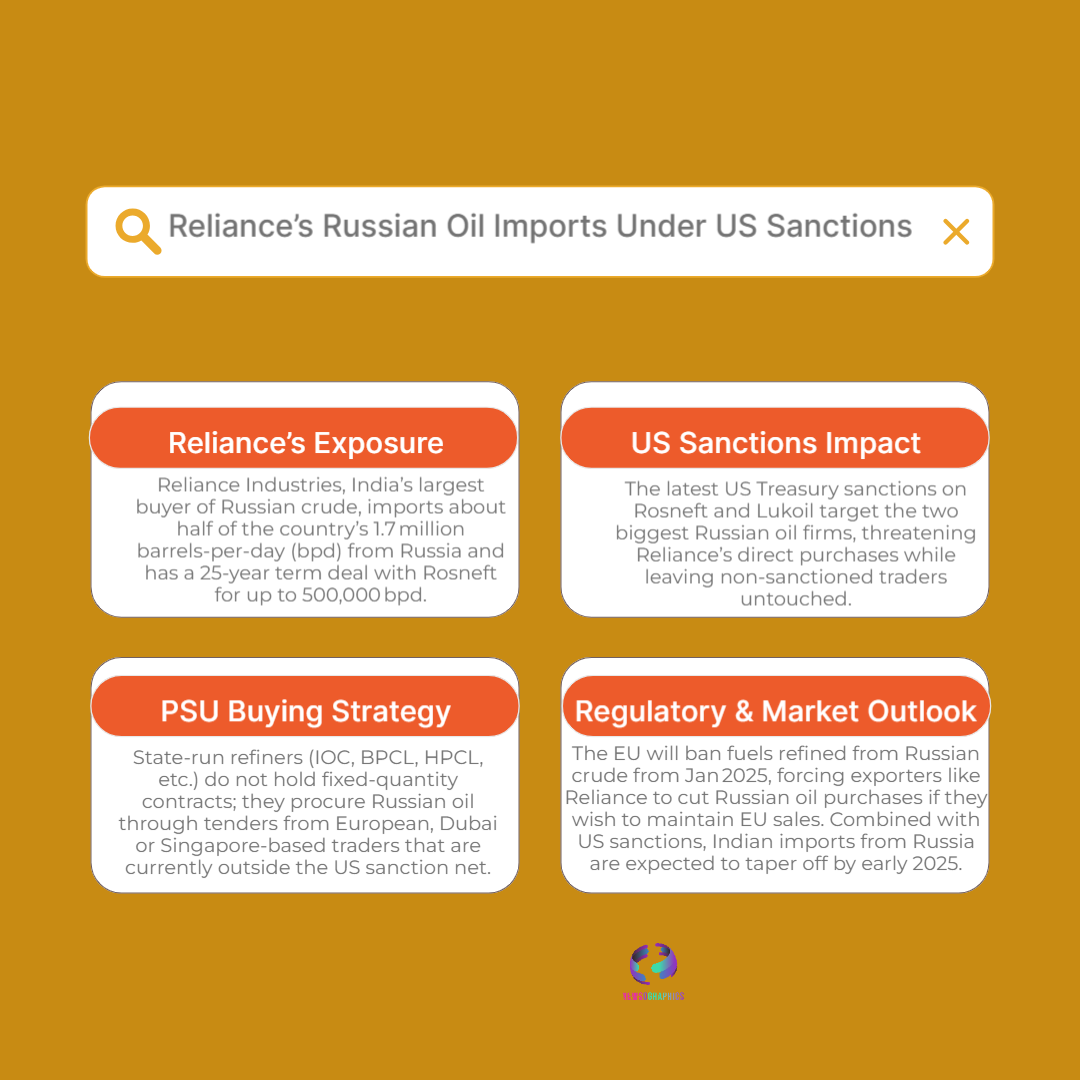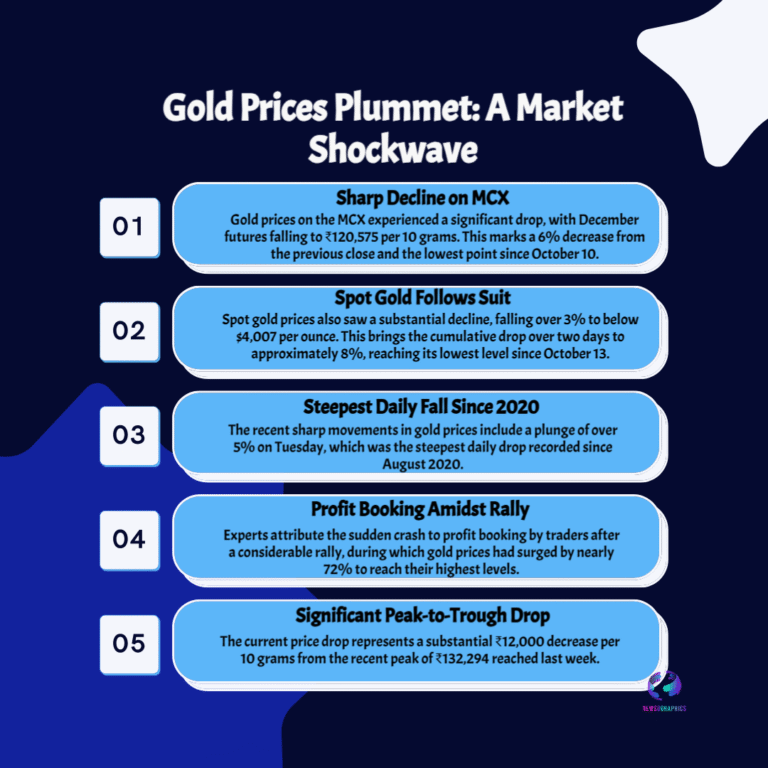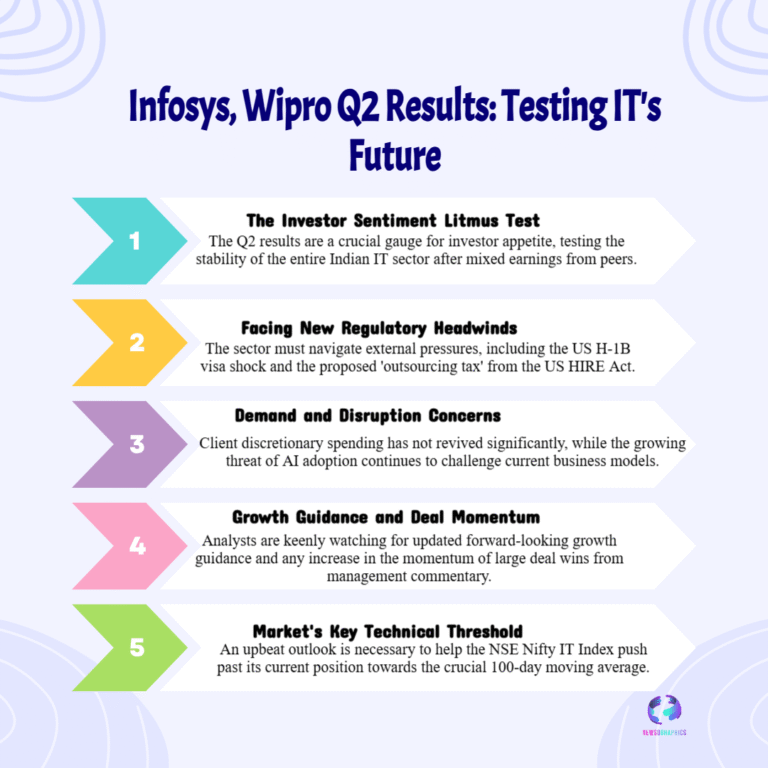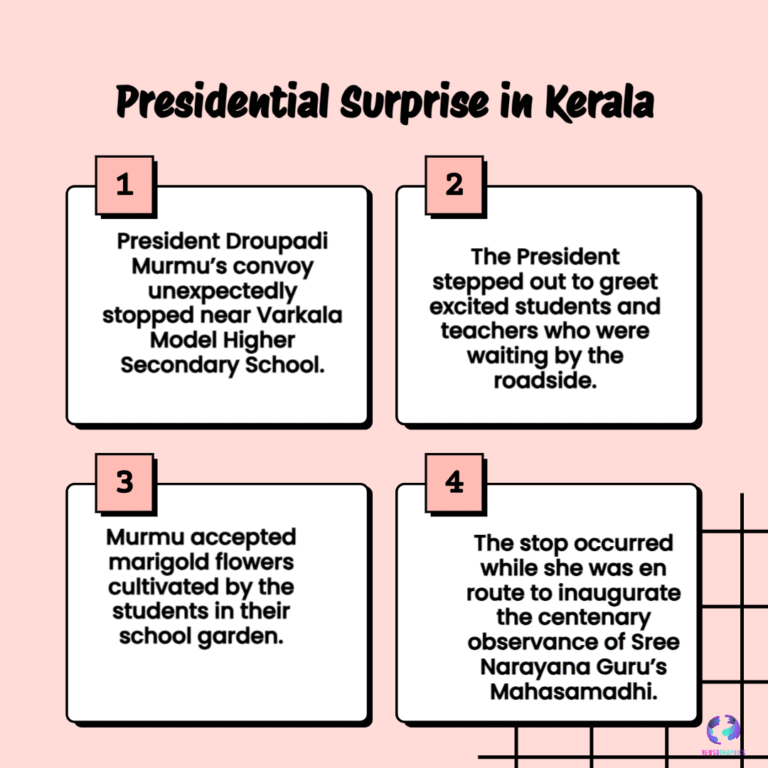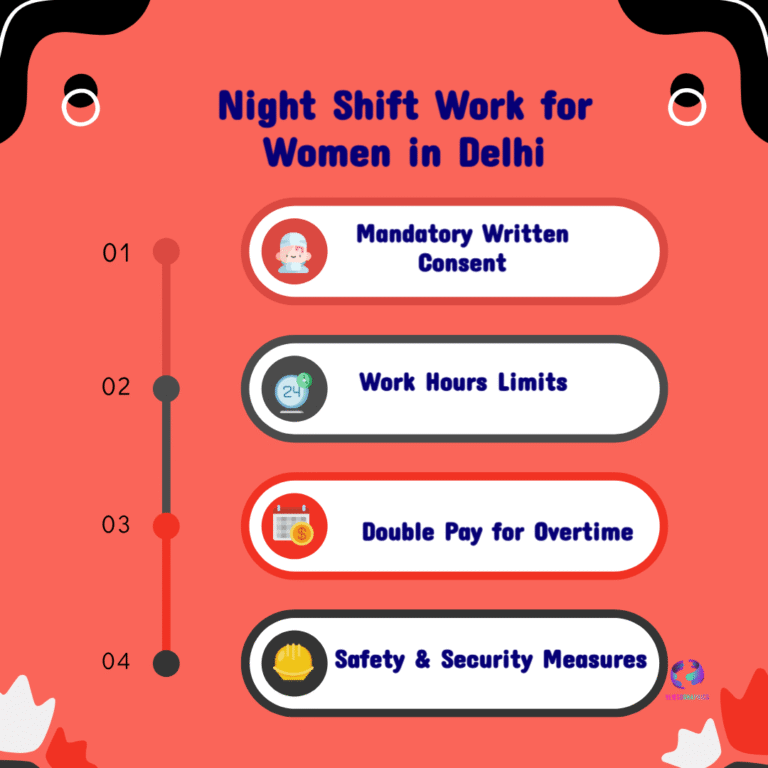US sanctions on Rosneft and Lukoil force Reliance to recalibrate direct Russian crude buys; PSUs likely to keep sourcing via intermediary traders for now.

Reliance Industries — India’s largest direct buyer of Russian crude — faces a fresh supply shock after the US Treasury blacklisted Rosneft and Lukoil, two of Moscow’s biggest oil producers. The sanctions complicate Reliance’s December 2024 term deal with Rosneft that allowed imports of up to 500,000 barrels per day, forcing the company to reassess sourcing strategies and contractual exposure. Market sources say Reliance may scale back direct purchases and lean more on third-party traders to maintain feedstock for its refineries and petrochemical units.
State-run refiners are expected to continue taking Russian barrels for now — but via intermediaries. PSUs including IOC, BPCL and HPCL typically buy through tenders and use European, Dubai or Singapore-based traders as middlemen; those traders are not currently targeted by the latest US measures. That trading channel gives Indian refiners short-term cover, but analysts warn of higher transaction costs, increased paperwork and greater price volatility if sanctioned flows tighten.
The sanctions also raise geopolitical and commercial risks: Reliance’s large direct exposure to Rosneft means it must weigh legal and compliance steps, reroute shipments, or renegotiate supply terms. Sources note Moscow can quickly swap counterparties or re-register vessels through other hubs, but such workarounds add friction and risk for buyers who value supply security. In the near term, expect Reliance to trim Russian volumes, PSUs to preserve supplies via traders, and refiners to monitor freight, insurance and payment channels closely.


